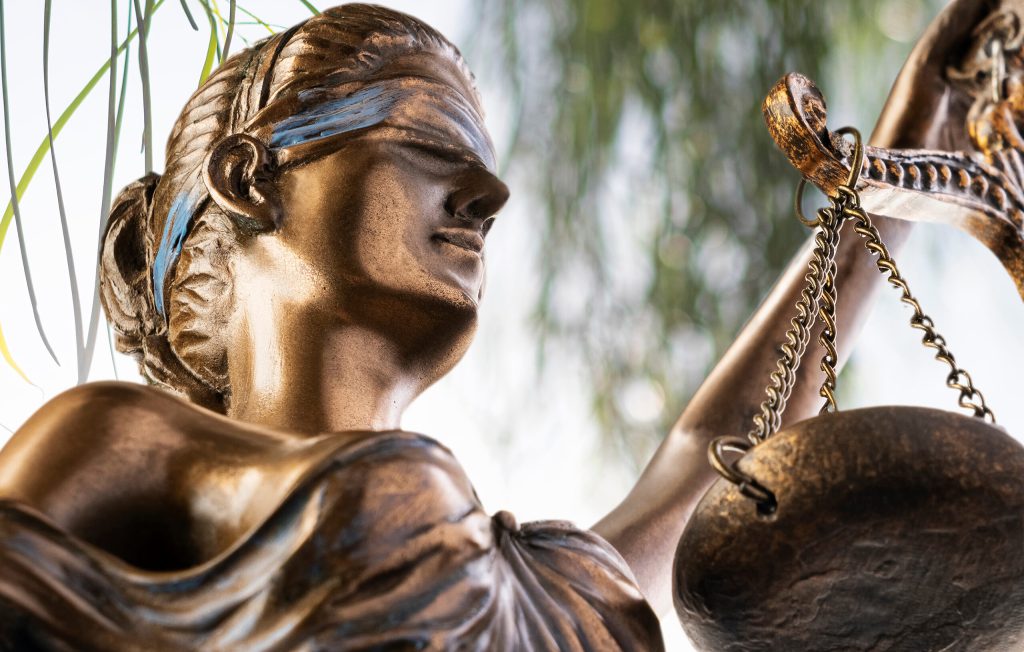
Watch the: ‘What business leaders need to know’, climate litigation webinar
Where are the global hotspots for climate litigation? What is behind the exponential rise in lawsuits? Which are the framework cases leading the way that could trigger significant consequences for business leaders, in the near future?
The webinar: ‘The rising tide of climate litigation: what business leaders need to know’, brought together authorities from global law firm Clyde & Co, climate analytics organisation Risilience and the Cambridge Centre for Risk Studies at the University of Cambridge Judge Business School. Together they provide significant insights into the fast-evolving landscape of climate-liability threat. The webinar is now available to watch on demand.
Nigel Brook, Partner at Clyde & Co and an expert in climate litigation, gave an informed oversight of the current legal state of play. He revealed the areas in the world where cases are on the up and tracked recent and ever-rising volume – over half the climate litigation cases of all time have been filed since the Paris Agreement of 2015.
Identifying the trends that business leaders need to know, he referred to a “Cambrian explosion” in terms of the types of climate cases hitting the headlines. Brook offered insights into current climate litigation cases of note, including those putting company directors under the glare of the legal spotlight and companies accused of greenwashing. Looking ahead, he flagged the climate biodiversity nexus and plastics as areas of increasing interest for the attention of activists.
Asked for a prediction of possible near-future trends or rulings that could be consequential, Brook cited the European Court of Human Rights potential ruling against 33 European governments for breaching human rights by failing to move quickly enough to mitigate emissions, which could invoke an avalanche of lawsuits. In addition, he acknowledged the probability of attribution science being tested in judgements that rest on man-made climate change.
Thomas Harvey, VP Product at Risilience, an expert in predictive analytics, explained the value of scenario modelling to provide an important tool to understand and manage consequential threats and support strategic decision-making. The approach also supports a company’s Task Force on Climate-related Financial Disclosures (TCFD) reporting, helping to demonstrate to stakeholders and investors that a business is taking risks seriously and showing appropriate due diligence.
With the auditing of financial risks becoming more commonplace, and climate litigation cases now targeting directors, as seen in the current case filed against the eleven directors of oil company Shell by ClientEarth, scenario modelling will become an increasingly important tool for business leaders. Citing the recently published co-authored report: ‘The rise of climate litigation: how to understand and minimise your legal risk’, Harvey presented a scenario narrative from the report to share insights about greenwashing, which is increasingly used by climate litigants intent on holding companies responsible for their statements and strategies to align their business with net-zero targets and the 2015 Paris Agreement.
Asked what to watch in relation to the next wave of climate litigation, Harvey cited the level of litigation being driven by the possible emission pathways. He referred to the current, wider geo-political and economic environment leading to an increase in climate litigation in the short term as companies and governments reallocate priorities.
• To download the free report: ‘The rise of climate litigation: how to understand and minimise your legal risk’, visit the report page. The report is co-published by the Cambridge Centre for Risk Studies, Judge Business School at the University of Cambridge, Clyde & Co, and Risilience.